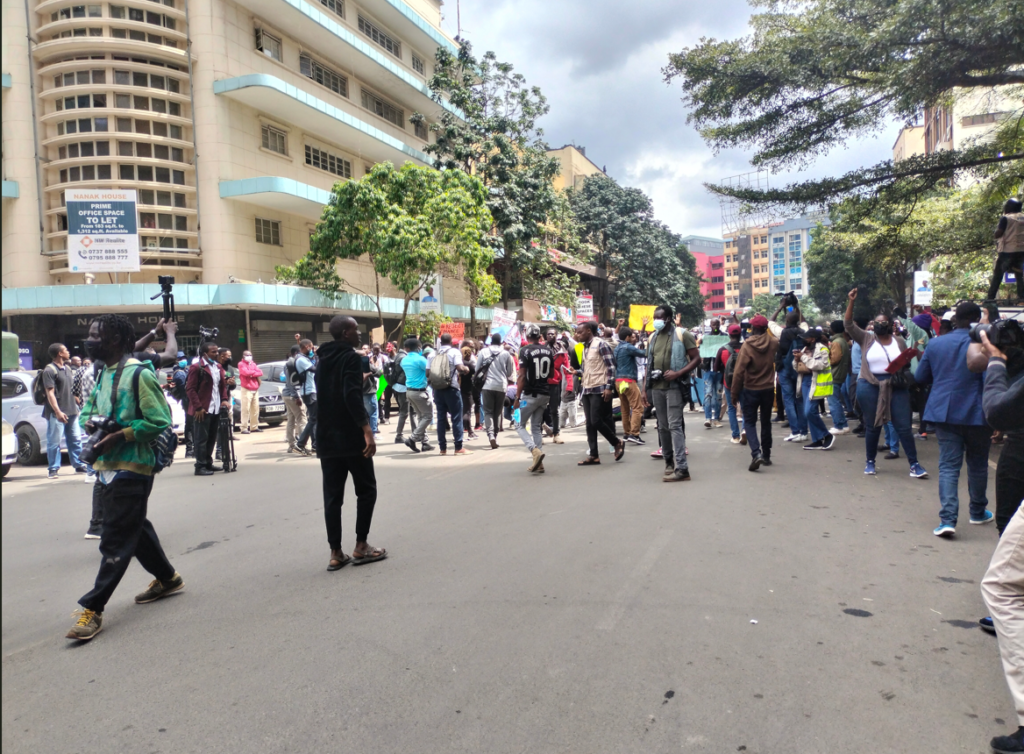Kidnapping is agreeably a flourishing criminal activity in Nigeria. In the last few years, kidnapping for ransom has been on a steady increase. News and anecdotal reports show that kidnapping is the most instant and indiscriminate crime amongst major security challenges in Nigeria. Kidnapping in Nigeria has taken different dimensions and undertaken by multiple armed groups. From kidnapping for ransom, hostage-taking by terrorists, bandits, and abduction of children for child-trafficking and child-labour purposes. Historically, usual targets of kidnapping have been the affluent and the highly placed, but in recent years it has moved to motorists, school children, residents of rural and urban communities both in non-violent and violent regions of the country.
As the kidnapping crisis stealthily worsen, Nigeria’s security operatives supposed to be tackling it, are not spared. On November 17, 2020, 12 police officers were reportedly kidnapped on their way to Zamfara from Borno state. On the same day, multiple news reports hold that eight students of Ahmadu Bello University (ABU), Zaria, were abducted during an attack on motorists along the dreaded Kaduna-Abuja road on Sunday. Before the 2009 Presidential Amnesty Programme for ex-Niger Delta militants, kidnapping of staff of oil companies, vandalisation of oil facilities amongst others led to enormous revenue losses for government. The abduction of schoolgirls in Chibok and Dapchi further showed the dire situation of kidnapping in Nigeria.
Nigeria’s kidnapping cases are largely underreported as families and associates of kidnap victims are usually warned by the kidnappers not to involve security agencies. According to the Nigerian Police, 685 kidnapping cases occurred nationwide in the first quarter of 2019. The prevalence of kidnapping and the apprehension it causes has economic implications. According to the Financial Times, the threat of abduction makes Nigeria a high-risk business. In a valid attempt to quantify the costs of kidnapping in Nigeria, a report by SB Morgen, a Nigerian consulting firm, puts the figure at $11 million between 2016 and 2020.
Government must rise to its responsibility. First, the numerous conflict issues in Nigeria that have worsened kidnapping must be tackled independently. Solving the episodic Niger Delta issues will end kidnapping by aggrieved militants, tackling banditry in the northwest will also help to resolve the waves of kidnapping in the region. However, the Nigerian government must, through its security operatives commit to adequate securitisation of these kidnapping zones. Some kidnapping hotspots are under-policed such that kidnappers hold sway for hours without engagement from security operatives. According to a news report, kidnappers attacked motorists along Abuja-Kaduna road at four different intervals on Sunday, November 15, 2020.
Second, Nigeria must address the root causes of the problem. For instance, being the poverty capital of the world, and with over 100 million people living in poverty, crime increase is inevitable. This is also coupled with economic woes triggered by the COVID-19 pandemic. The numerous social safety net policies of the current administration must be genuinely committed to lifting Nigerians out of poverty. However, rather than quick fixes, the programmes must be hinged on promoting self-sufficiency and self-reliance amongst its target population.
From news reports, kidnapping gangs operate from hidden locations such as thick forests, abandoned houses and many ungoverned spaces. Nigeria must re-establish government presence in rural areas. Both internal and external border management protocols should be improved to monitor illegal points that aid criminals to evade capture. It is also time to pay more attention to community policing in helping to bring government presence and security to inaccessible communities in Nigeria. Every day, kidnapping rapidly becomes a general problem, affecting everyone and every region, proactive and reactive efforts must be put in place to arrest the disturbing trends.


